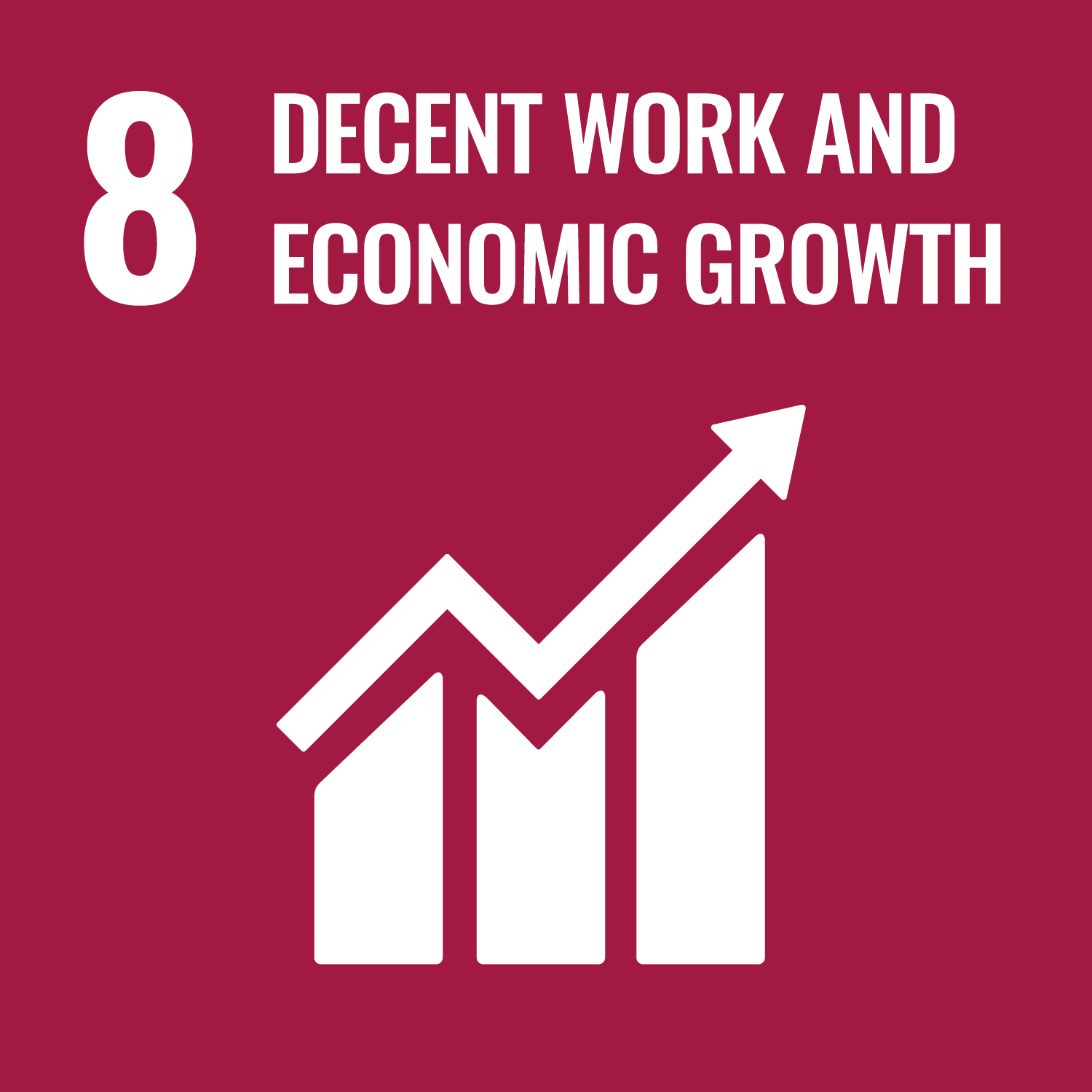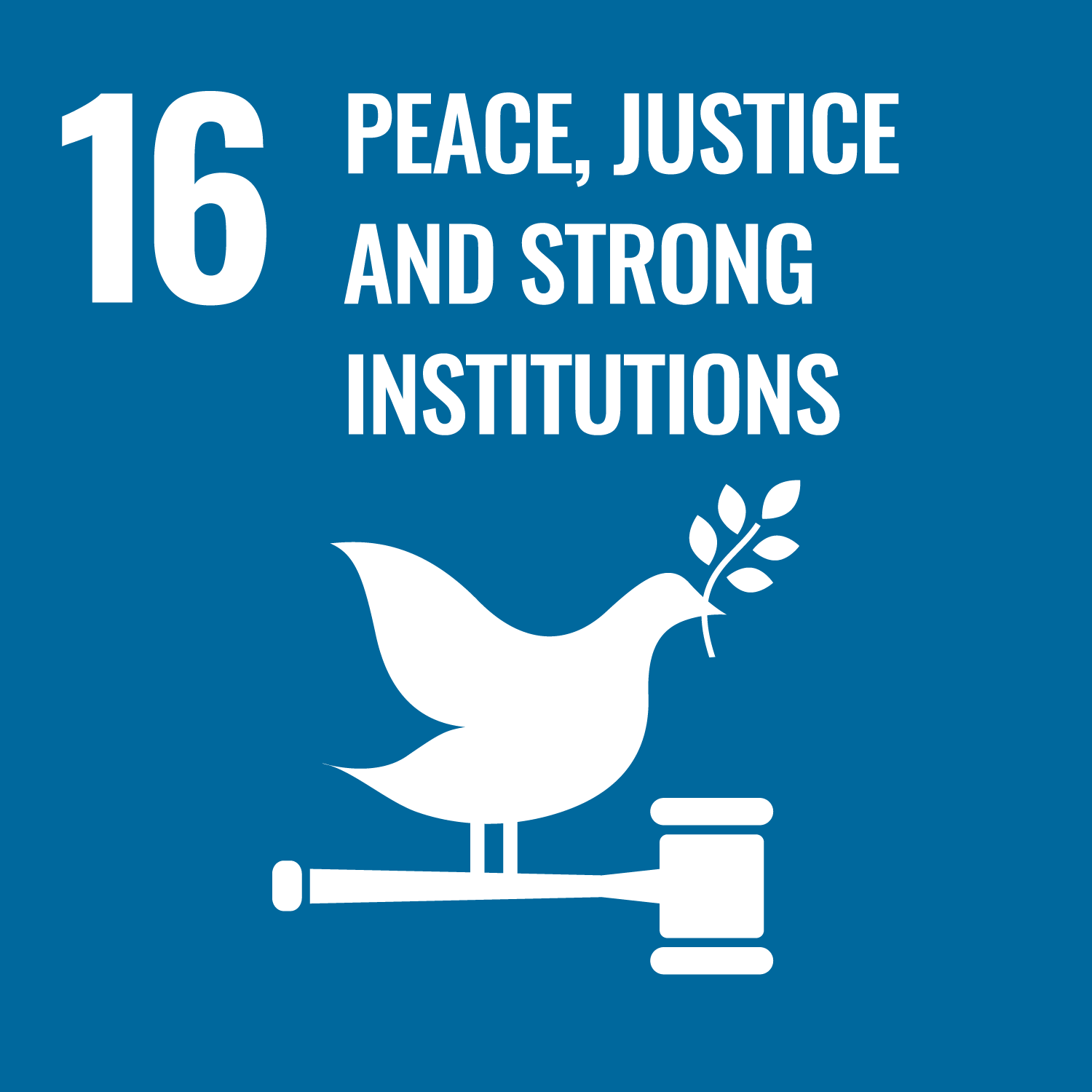Khawla (she/her) is an advocate with Mawjoudin We Exist for Equality in Tunis. Khawla became an advocate after connecting like-minded people at a community safe space. Khawla began volunteering with Mawjoudin We Exist for Equality and, six years later, is now leading a research project about LGBTIQ+ demography in Tunisia. Khawla helped organise the Queer Riot project, a project where people with diverse sexual orientations, gender identities and expressions, and sex characteristics visibly and purposefully take up space in public places.
How did you become an LGBTIQ+ activist?
During my first year of high school, at 15, I discovered a safe space in the city where I lived where there were weekly presentations conducted by different volunteers presenting any topic of their choice. These presentations were always followed by debates and discussions that I found very interesting. After attending a few presentations, I started volunteering to do some until I ended up with a presentation about the LGBTIQ+ community, it only included very basic information about sexuality and gender but it was enough to make me some friends from the community and give me the push to do more. Through the next 3 years, I volunteered with different groups in Tunisia and outside Tunisia in workshops and activities about Queerness. When I started university in Tunis and settled there, with more freedom and a clearer view of my own identity, I started volunteering with Mawjoudin We Exist for Equality, and with time I found myself taking charge of a few activities that later on developed to a more serious engagement to projects. I had the opportunity to speak up in conferences, implement projects nationally and internationally, and find the path that I excelled at the most which is of international advocacy and engagement with UN mechanisms. Today, 6 years after the first presentation I made, I find myself leading a research project about LGBTIQ+ demography in Tunisia, and engaging in other capacity building, artistic, and advocacy projects for the rights of Queer people in Tunisia. Although I still do not find the most comfort in the term “activist”, I still choose to identify with “advocate” as it means to me more than a structural systematic work but the will and commitment to the Queer cause.
What inspires you to advocate for social change?
Witnessing injustice and its consequences has been my drive to advocate for social change from the beginning of my career. I have lived in different contexts where I witnessed the different forms of discrimination that marginalized groups are subjected to and learned from advocates of different backgrounds. I witnessed first hand the deadly consequences of homophobia in Saudi Arabia, the consequences of the lack of education and awareness on Queer youth in the US, and the dire living situation that LGBTIQ+ people in Tunisia have to endure under a discriminatory government. I believe that the intersection of my experiences, accompanied with the role models that guided me through the way, and with the anger that built up inside of me from years of experiencing injustice has pushed me further and further towards the active advocacy for social change.
Can you tell us about the queer ‘riots’ you organised in Tunis?
The Queer Riot is a project that started from the realization that although Queer people occupy space in the Tunisian society, we still are invisible and live under restrictions. We took a series of photos of different Queer people of diverse sexual orientations, gender identities and expressions, and sex characteristics in public spaces that we frequently visit. These photos were then on published under the title “Queer Riot” in an attempt to showcase that first: we exist, in the same exact spaces as everyone else, and at the end of the day we are not that different in the way we live our lives. Second: we live under circumstances that do not allow us to physically march the streets and riot, for that will endanger the safety of the people from the community and that of the activists and advocates, therefore these photos can be a testimony of that. And finally: we tried to showcase the different identities in our community, to highlight our diversity and be inclusive of the groups that exist inside the community in order to spread a message of unity, fair representation, and tribute to those of us who lost their lives due to homophobia.
What are some of the challenges you face in advocating for more inclusion of LGBTIQ+ people?
Tunisia is a country that still criminalizes same sex relationships imposing a prison sentence varying from 3 months to 3 years. Adding to that the relatively conservative mindset of the Tunisian society that’s very prejudiced and ignorant of the Queer identity and its history in Tunisia, it means that any activities surrounding the advocacy for LGBTIQ+ people is seen as a threat to social balance and what’s called the “traditional family unit”. As advocates for LGBTIQ+ people in Tunisia, we often find ourselves subject to verbal, physical, and psychological violence online and in real life. We are also constantly threatened to be outed to non-trustworthy circles or specifically targeted by police forces. This obviously leads to an unstable social and economic lifestyle from family to education, income, safe and security, as well as shelter. I think that the pressure coming from the heteronormative society, the oppressive government, and the fact that we are still a young movement locally that’s learning from its own mistakes and experiences while operating on auto-pilot mode puts us in a vulnerable position with many challenges and burdens to overcome.
We also know you organise a queer festival each year, can you tell us a bit about this? What role do you think film or the other creative media play in awareness building, inclusion or in holding space for the LGBTIQ+ community?
Mawjoudin has been a believer in the Artivism approach to advocacy since its beginnings and we are trying to be increasingly artistic in all the aspects of our work. The Mawjoudin Queer Film Festival (MQFF) is perhaps one of the most glaring examples of that. The MQFF -a 4 days long festival in its latest edition- started as an extension of the Cinexist (Cinema + Exist) club where members of the organization gathered weekly to watch a queer movie and discuss it, it later on became the festival that we organize yearly since 2018.
The MQFF is a space centered around global south films and movies of all types and genres that represent the LGBTIQ+ community. Every year we select a group of films to be showcased in certain safe cinemas, in addition to panels, workshops, and discussion groups happening in parallel. It is the occasion for people from the community to meet up in safe spaces, feel the presence of each other, watch movies and participate in debates that are about them, for them, and made by people like them. The festival has grown exponentially since its beginning; the first edition had around 250 attendees, while the second surpassed 1200 attendees. The third edition, which was scheduled for March 2020, was postponed due to the COVID-19 pandemic, and it is planned to welcome around 1500 attendees as well as queer artists and film-makers from different global south countries.
Mawjoudin Queer Film Festival is one of the rare occasions where I see queer people from different age ranges, professions, living situations, and identities gathered in the same space and engaging with each other. I heard someone call it the “Queer Pilgrimage” once, and I think that fits perfectly.
If there was one change that you would like to see for LGBTIQ+ people, what would that change be?
The one change I would like to see the most for the community in Tunisia would be self-reconciliation, self-acceptance, and inner peace with our identities. I believe that that’s the first step towards creating change on the social, economic, and political spheres. I think that we have so much hate and violence internalized from the environment that we grew up in, this reflects on our daily decisions and actions, and therefore is amplified in our work for advocacy. Once we learn to deal with our traumas, turn the violence in us into productivity, and care for each other as a community in solidarity, we will be able to advance further in all the other aspects of our lives.
In what ways do you believe humanitarian and development organisations can support the inclusion of LGBTQI+ people?
Humanitarian and development organizations can support the inclusion of LGBTIQ+ people by counting us in through every step of their work. It is time that we no longer are a “target population” and benefiting from services only, but active participants in the study of the socio-economic situations of marginalized groups, the planning for strategic solutions, and the execution on the ground. These organizations need to have more Queer people present within their entities to voice the needs and concerns of the community. They need to also provide the community with a platform to express themselves, use their resources, privileges, and funding to highlight the presence of Queer people without taking over our voices and overshadowing us. As long as Queer people are perceived as active participants in society, no different than any other person, and contributors to the economic and social development of our societies, these organizations can be of immense support to us.








